By Michael Hasew
The most contentious of command rivalries during World War II involved General George S. Patton, Jr., of the U.S. Army and British Army Field Marshal Bernard L. Montgomery. Their squabbles, in the field and in the press of the day, have been recounted many times in books and on the silver screen. These were two egocentric leaders whose command decisions shaped the outcome of the war, for better or worse. Those who admire them offer continuing praise. Critics often see them as driven by the need for personal glory, at times placing themselves above the mission.
Patton’s Lust for Fame
A Californian by birth, Patton had ties to the Old South. His grandfather, a Confederate colonel, was killed in action at the Third Battle of Winchester in 1864. Patton graduated 46th in the Class of 1909 at the U.S. Military Academy, finished fifth in the modern pentathlon in the 1912 Olympic Games, and was an early advocate of the tank in the U.S. Army. Wounded in combat during World War I, he became fast friends with Dwight Eisenhower in the 1930s. During World War II, Patton whipped the U.S. II Corps into shape in North Africa and led Seventh Army during the Sicily Campaign, racing up the coast to the city of Palermo and then to Messina ahead of Montgomery.
All the while, Patton sought personal fame. He yearned to be hailed as the conquering hero, and at times he placed the lives of his men at risk in the effort to grab newspaper headlines. Patton possessed a legendary temper and could not tolerate behavior he perceived as cowardly. In two separate incidents in Sicily, he slapped soldiers suffering from combat fatigue and was relegated to the “bench” during planning for the D-Day landings in Normandy on June 6, 1944.
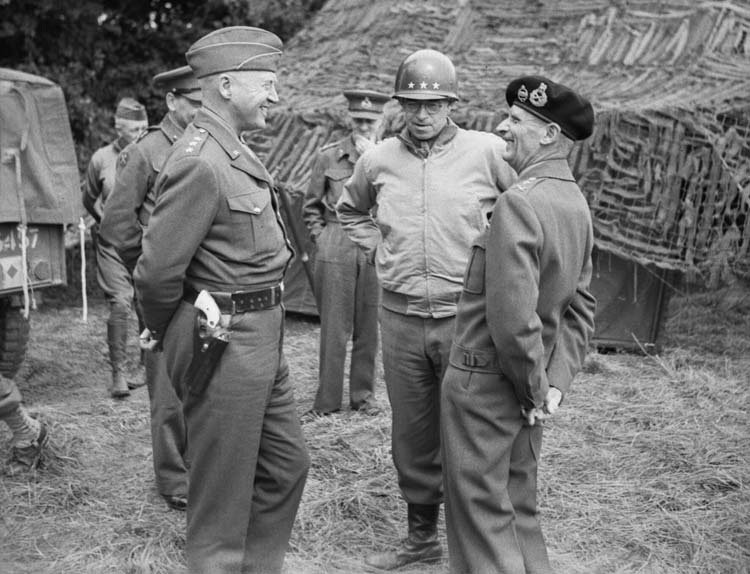
Undoubtedly, Patton’s long friendship with Eisenhower helped to salvage his career. The impetuous, hard-driving commander did achieve the glory he craved while leading Third Army, dashing across France, and coming to the rescue of soldiers encircled at Bastogne, Belgium, during the Battle of the Bulge. However, when his supply of gasoline was cut off in favor of Montgomery’s drive to the north, Patton seethed with rage. Ironically, the daring battlefield commander died at the age of 60 in December 1945, of complications from injuries suffered in a car accident. Nevertheless, he had achieved the fame he sought so long, and it was only magnified after his death.
Montgomery: Just As Egocentric?
Montgomery, a 1908 graduate of the Royal Military College, Sandhurst, was wounded twice during World War I and commanded the 3rd Infantry Division during the Battle of France in 1940. His moment of glory arrived during the Battle of El Alamein in October 1942. Montgomery had assumed command of the Eighth Army in August and presided over a lengthy resupply effort and the augmentation of his forces to achieve numerical superiority over the Germans and Italians. Eventually, the Eighth Army drove the enemy westward toward defeat in the spring of 1943.
Prior to the invasion of Sicily, Montgomery used his influence to have the plan altered to give Eighth Army the primary objective of Messina, reducing Patton’s command to a supporting role. Patton never forgot the slight, the first of several – either real or imagined. Montgomery rose to command Allied ground troops during the Normandy invasion and later 21st Army Group. He continually boasted, criticized others, and made demands of Eisenhower, the Supreme Allied commander in Europe.
Critical of Eisenhower’s broad front strategy, Montgomery clamored for more men and supplies. When Eisenhower relented to Montgomery’s call for a combined ground and airborne offensive in Holland that could end the war by Christmas 1944, the result was the disastrous Operation Market-Garden.
At times, Montgomery’s progress was painfully slow in northern Europe. However, he proved himself an effective leader of men, although he was just as famous for a pronounced lack of tact and decorum. He eventually became Chief of the Imperial General Staff and Deputy Supreme Commander of NATO. He died in 1976 at the age of 88.
Patton and Montgomery achieved their fame and glory; however, their motivation and performance remain heated topics of discussion.

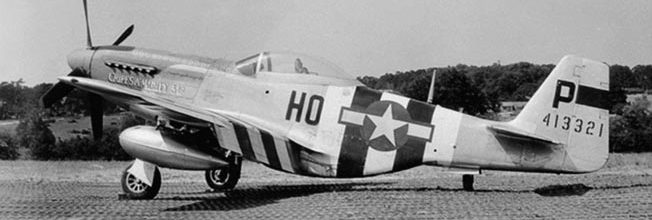
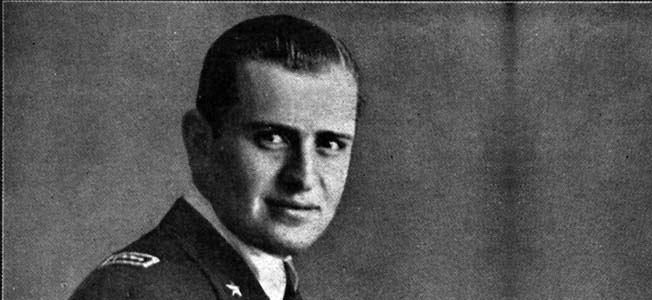
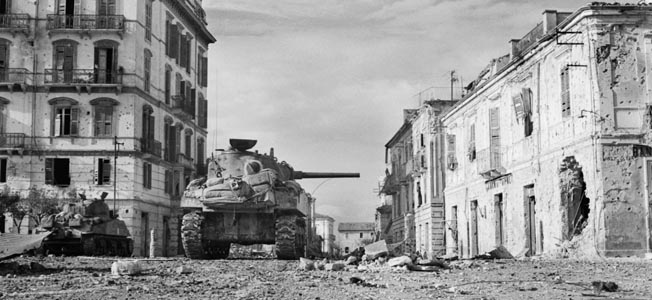
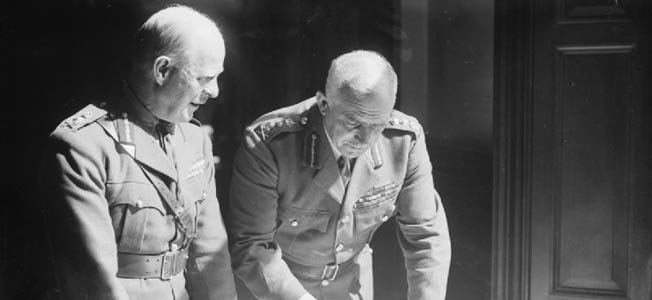

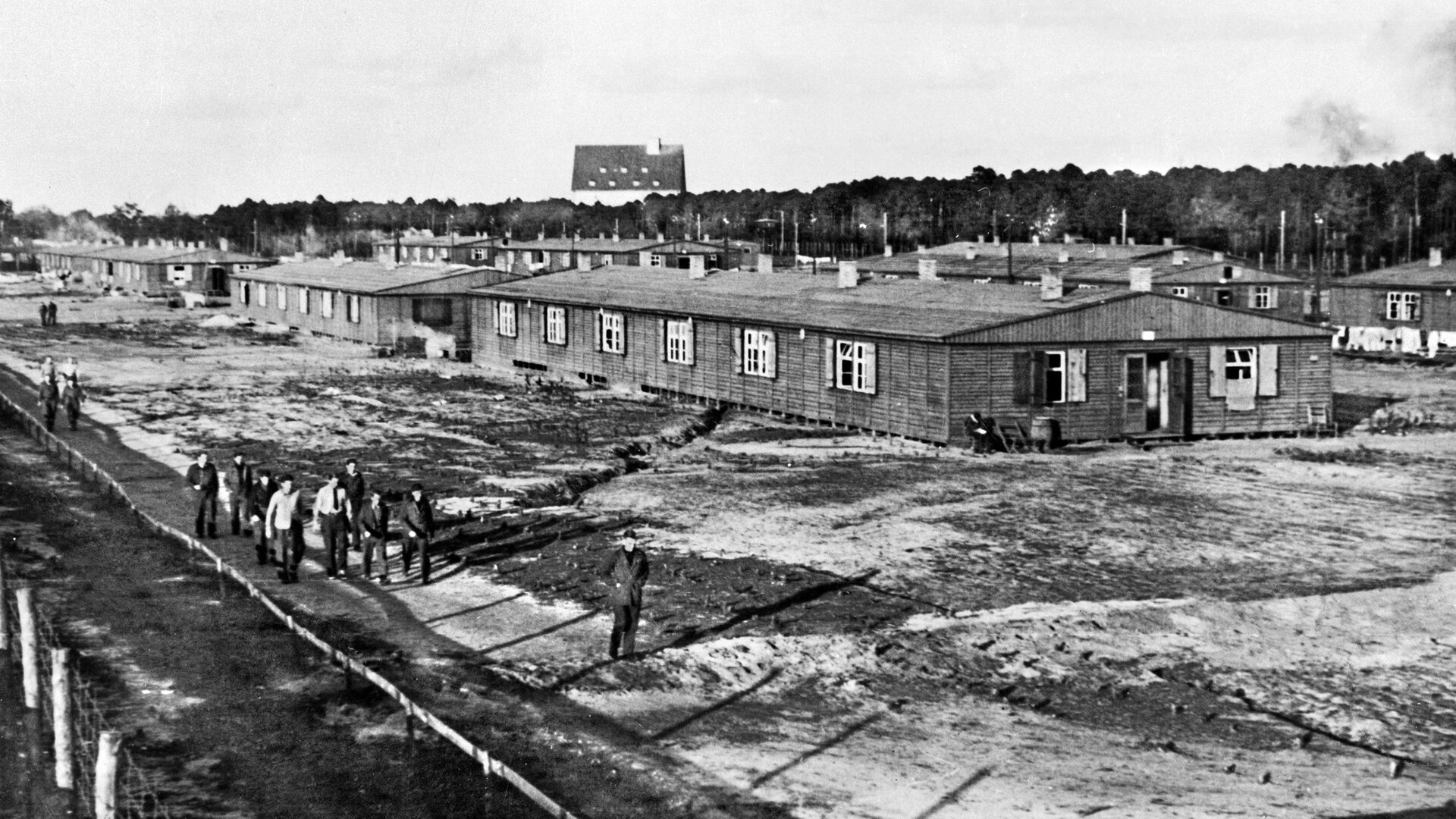
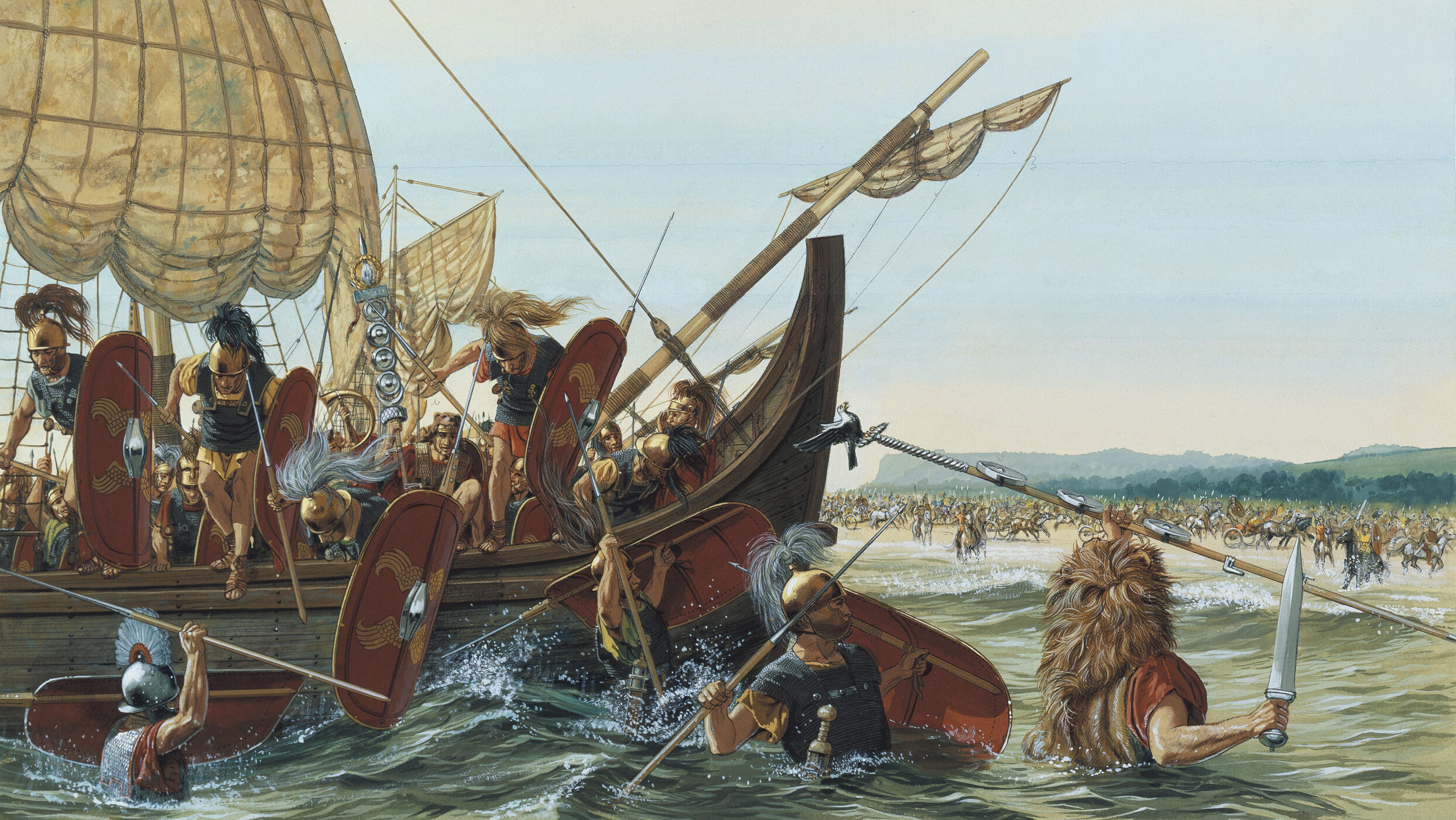
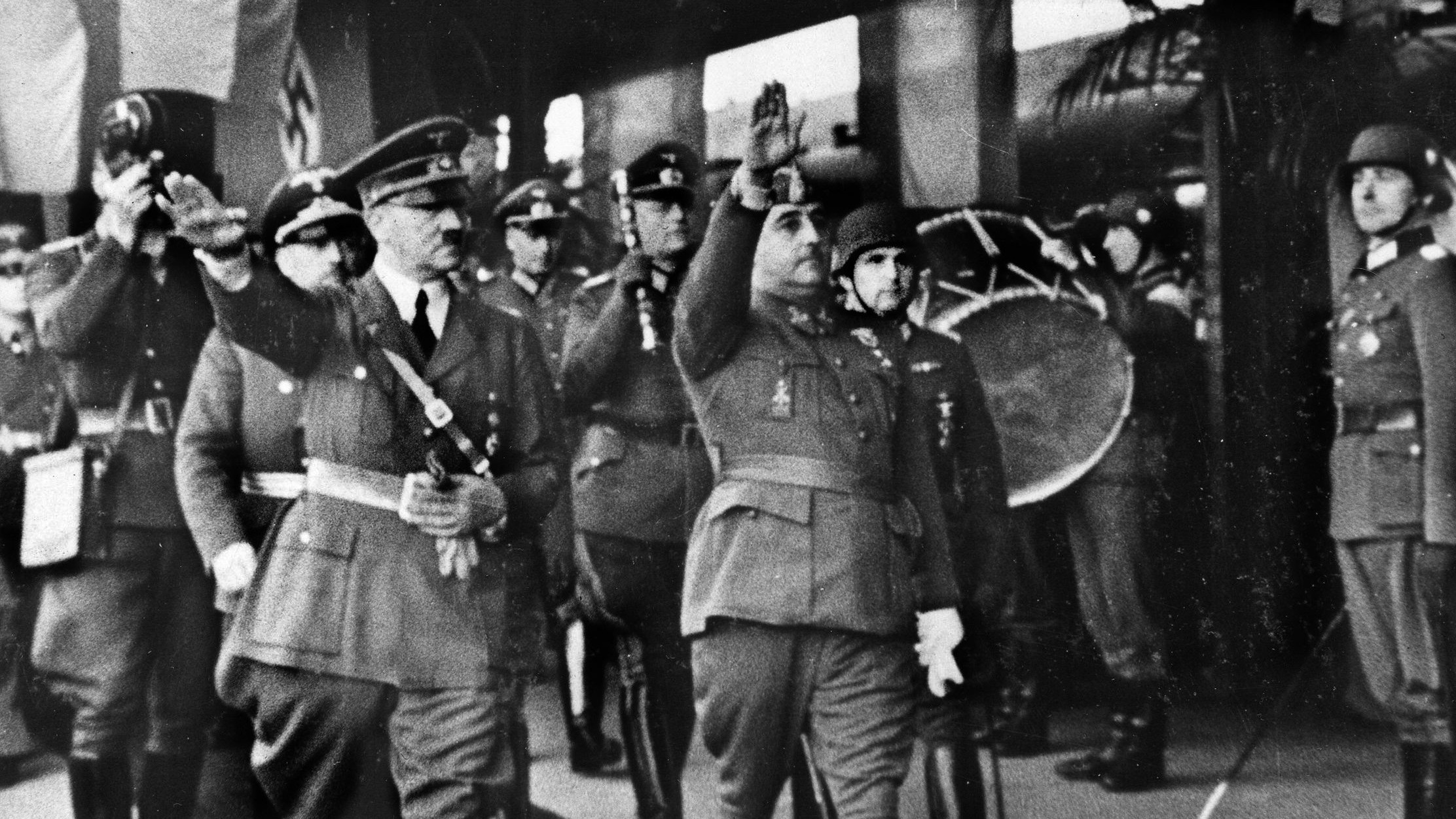
I noticed in the photo of gen Patton and gen Montgomery that gen Montgomery is wearing a American uniform ., is there some peculiar reason for this? i find it odd .
A WAC’s uniform suited ole Monty eh!????
George C Scott looks a lot Patton.
I just discovered your page. Just what I was looking for. I am 83 years old and still remember some things about WW II. My father was a MD in the Army when it started being stationed at an Army base in Minnesota.
His story is that when Pearl Harbor happened, since he was always in the correct uniform, the base commander gave him his choice for new orders: go to the South Pacific or Alaska. In Alaska he could take his family, but not in the South Pacific. He chose to go to Alaska. Had he gone to the Pacific he most likely would have not survived.
I grew up with WW II. Too young for Korea and had already served 4 years as a commissioned officer in the Navy for Vietnam. My younger brother served in Vietnam as a Marine Captain then took a leave of absence to go to law school then back to active duty eventual became the Judge Advocate of USMC.